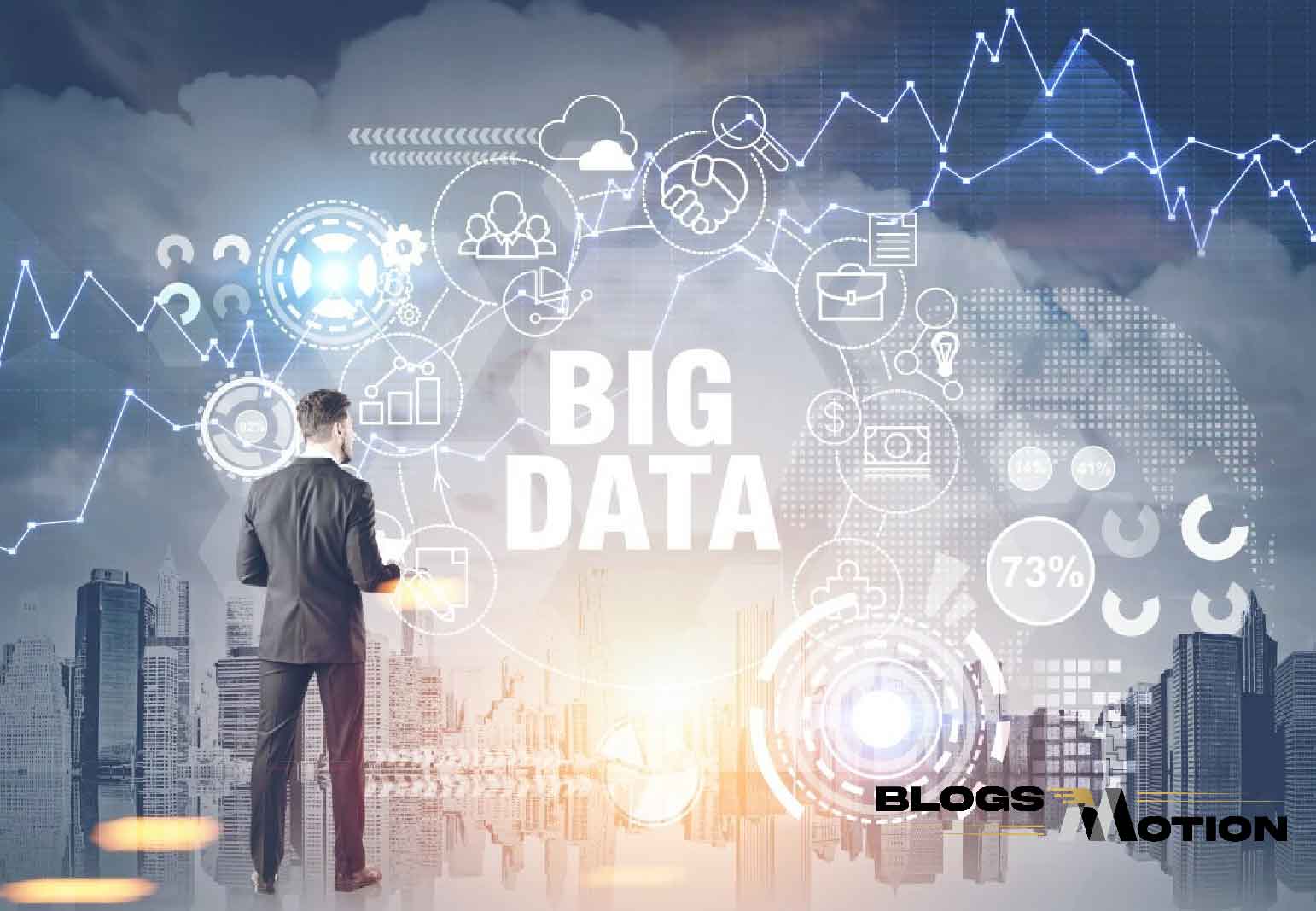
Understanding Big Data: Applications in Business and Research
In today's digitally driven world, data is being generated at an unprecedented rate. Every interaction we have with technology, from social media posts to online purchases, contributes to a vast sea of information known as "big data." While the term might seem overwhelming, big data holds immense potential for both business and research endeavors. In this article, we'll delve into the concept of big data, its characteristics, and how it's transforming various industries.
What is Big Data?
Big data refers to extremely large and complex datasets that are beyond the capabilities of traditional data processing tools to manage, analyze, and interpret effectively. It is characterized by three main aspects: volume, velocity, and variety.
Applications in Business:
Big data has become a game-changer for businesses across industries. By harnessing the power of big data analytics, companies can gain insights that drive strategic decision-making, improve operational efficiency, and enhance customer experiences.
Applications in Research:
In the realm of research, big data has opened up new avenues for scientific discovery, allowing researchers to process and analyze data on an unprecedented scale.
Challenges and Considerations:
While big data holds immense potential, its utilization also comes with challenges:
In conclusion, big data is revolutionizing how businesses operate and how researchers explore the world around us. The ability to process, analyze, and gain insights from massive datasets has opened up endless possibilities for innovation, efficiency, and discovery. As technology continues to advance, the applications of big data will only expand, reshaping industries and shaping the future of business and research.
© Blogs Motion | All Rights Reserved.
Flat 15% OFF ALL Orders Sitewide
Copy and paste this code
couponcode
